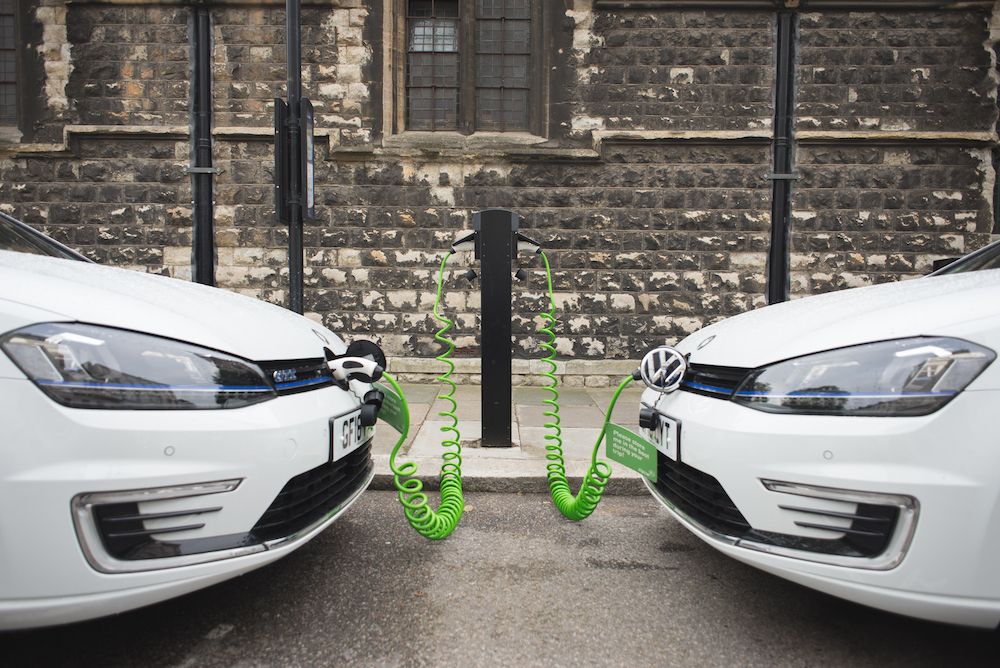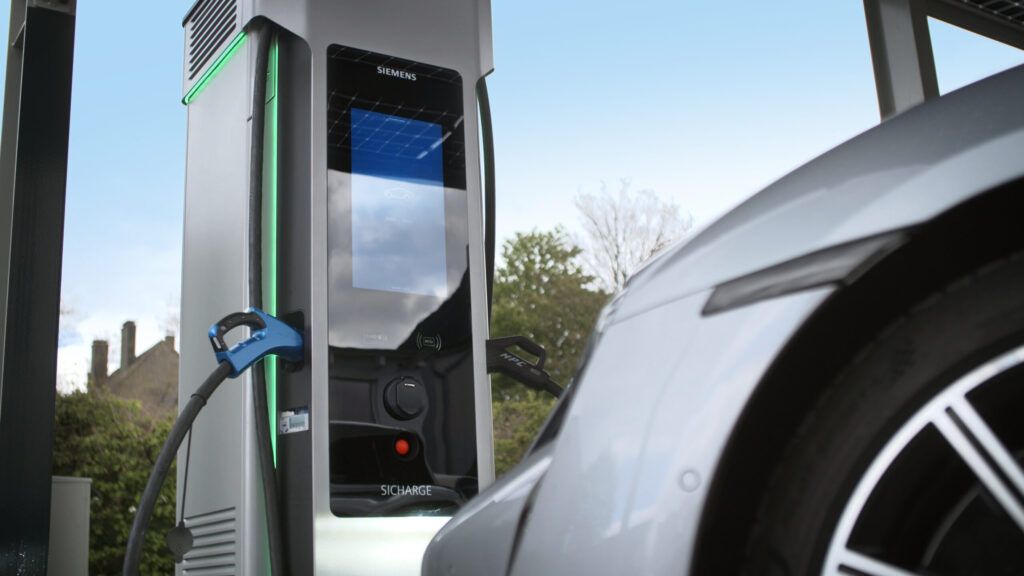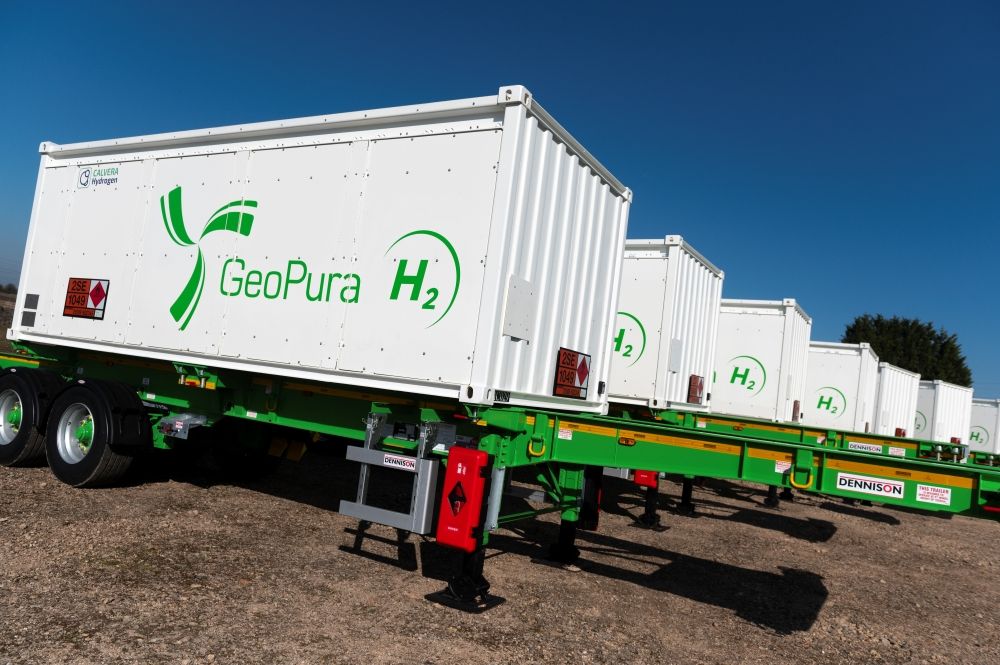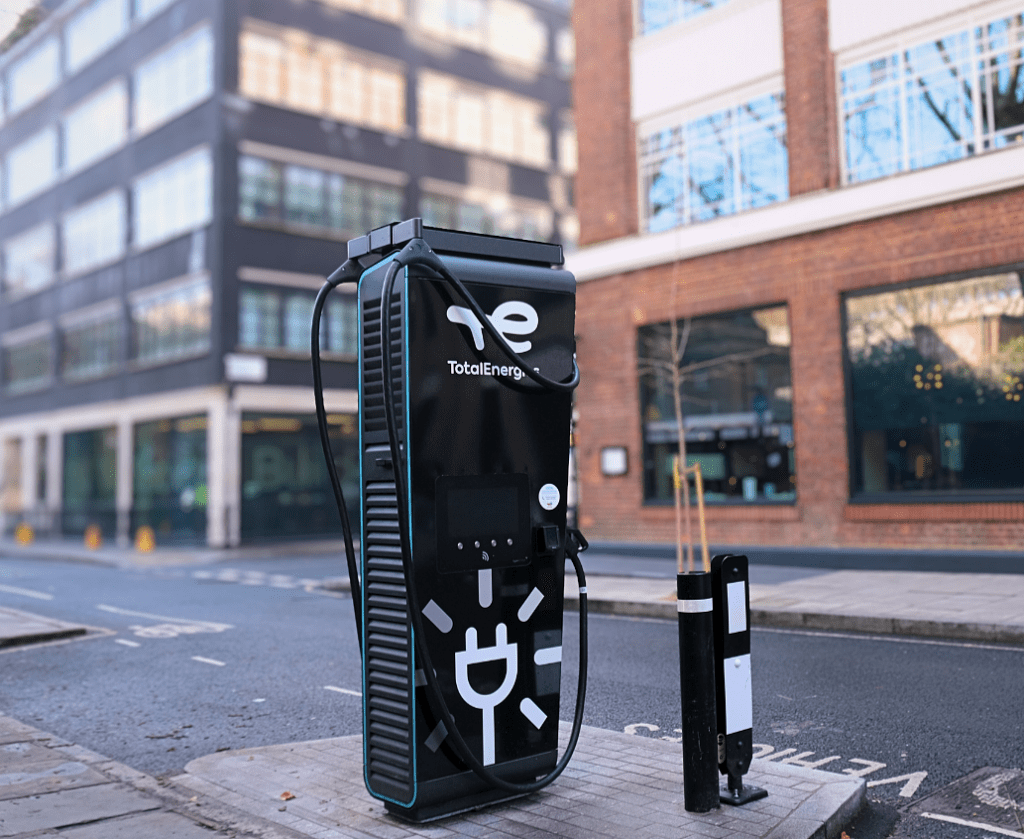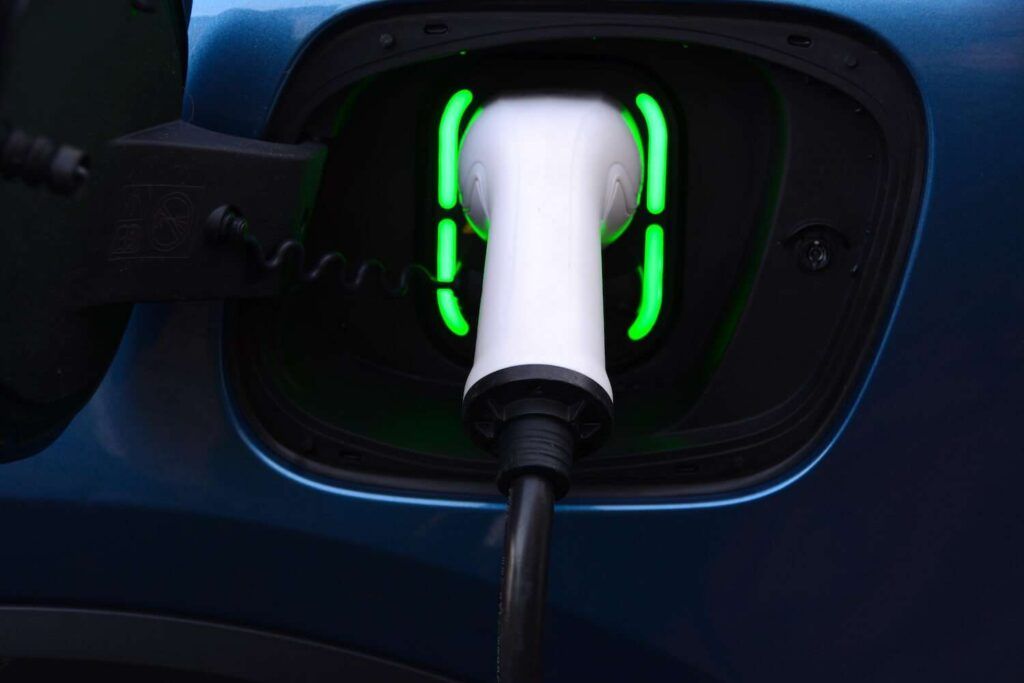Planned changes to London’s Congestion Charge will cost car club operators more than £1 million per year, the UK’s national shared transport charity has warned.
Collaborative Mobility UK (CoMoUK) said the proposals from Transport for London (TfL) could force car clubs to increase costs for customers, reduce fleet sizes, cut the high number of EVs they run, and threaten the sector’s future in the capital.
In its response to TfL’s consultation on the changes, which closed this week, it says the proposed 20 per cent increase in the Congestion Charge would “negatively impact the viability” of car clubs in London.
It is calling for vehicles in the schemes to be treated differently to privately owned cars, as it cuts the number of vehicles on the road. As a result, it is asking for a reduced Congestion Charge fee level for car club vehicles, and for the current 100% discount for EVs entering the charging zone to be continued.
Under TfL’s planned changes, the Congestion Charge will rise from £15 to £18 on 2 January 2026. On the same day, the 100 per cent discount offered to EVs will be cut to 25%.
One car club currently operating in London has estimated that the impact of the first two policies alone will cost it around £878,000 on average over the next five years.
In its consultation response, CoMoUK warns that the changes are likely to lead to increased costs being passed onto car club members, potentially making them unaffordable.
CoMoUK’s annual car club report this year showed that the proportion of EVs within UK car club fleets has fallen for the first time, from 35% in 2023 to 30% in 2024.
Richard Dilks, chief executive of CoMoUK, said:
“Car clubs are making a big contribution to reducing car ownership and mileage in London, with members more likely to embrace active travel and public transport too.
“As well as enabling users to live a car-free or car-light lifestyle, each car club vehicle replaces 31 private cars in the capital, freeing up space, cutting congestion and improving air quality.
“It would therefore be utterly baffling if car clubs were treated as private cars under these changes. We hope that TfL listens, before it is too late.”
Oliver Lord, UK head of the Clean Cities Campaign, said:
“Electric car clubs are a climate solution that can be deployed quickly and at scale, but London is missing out, trailing well behind major cities such as Paris, Rome and Berlin.
“We need better policies that support electric car clubs, so that every Londoner has access to the electric vehicle revolution.”
James Taylor, general manager at Zipcar, said:
“Surely if a car has to be driven into the congestion zone, it is better for this to be a shared and electric one? The proposals add significant additional costs to operating shared electric vehicles. It will directly lead to fewer car club vehicles in the short term, and risks the long-term viability of car clubs in London.
“We urge TfL to reconsider these proposals and recognise the valuable contribution that car clubs bring to London and the hundreds of thousands of Londoners that use them.”
Marc Roberts, chief technology officer at Hiyacar, said:
“These proposed Congestion Charge changes risk pushing already strained operators past the tipping point, making it harder for Londoners to access affordable and sustainable transport.
“Penalising shared EVs while favouring private ownership sends the wrong message at the worst possible time.”
Richard Falconer, head of mobility at Co Wheels, said:
“Car clubs tackle congestion and pollution by taking more cars off our streets, so the authorities should be looking to encourage more operators like us to expand in London, but this will have the opposite effect.”
Dan Gursel, commercial director at Enterprise Car Club, said:
“Independent research from CoMoUK shows that each car club vehicle in London removes an average of 31 privately owned cars from the road.
“By promoting shared, lower-emission travel, car clubs could help cities meet their transport objectives while also reducing their overall carbon footprint.”
Image courtesy of CoMoUK




